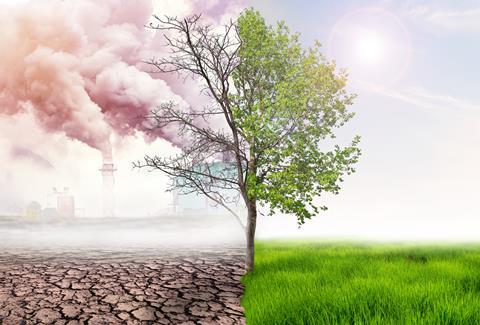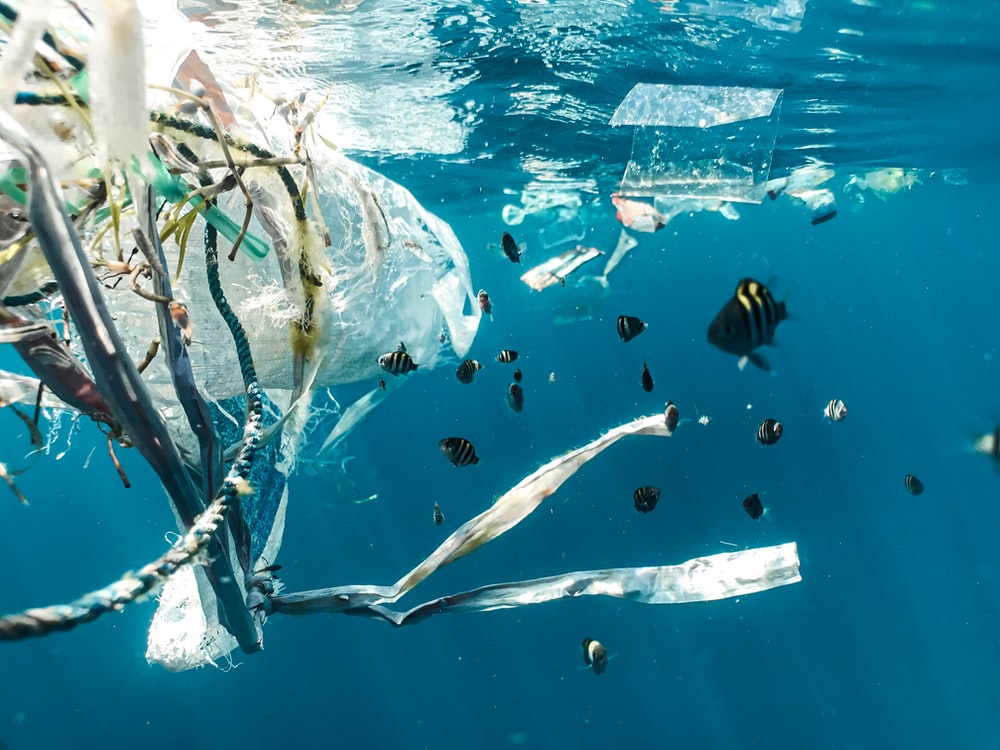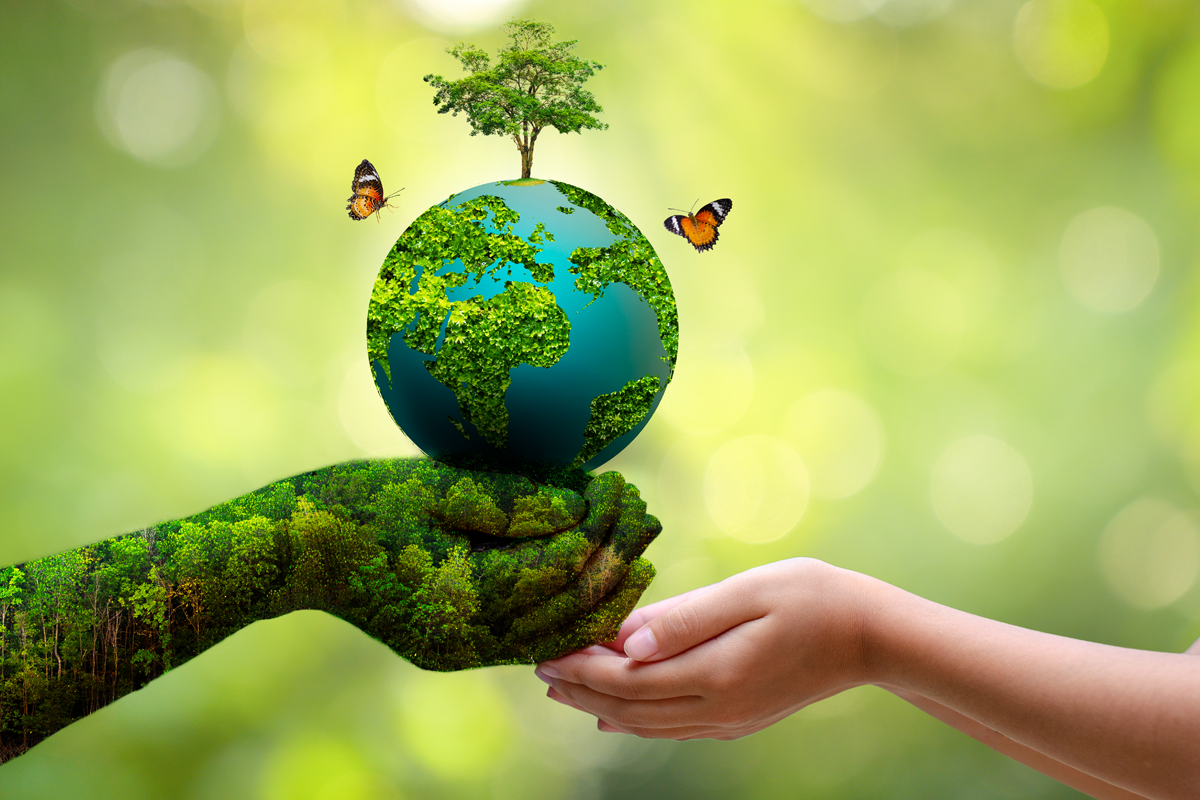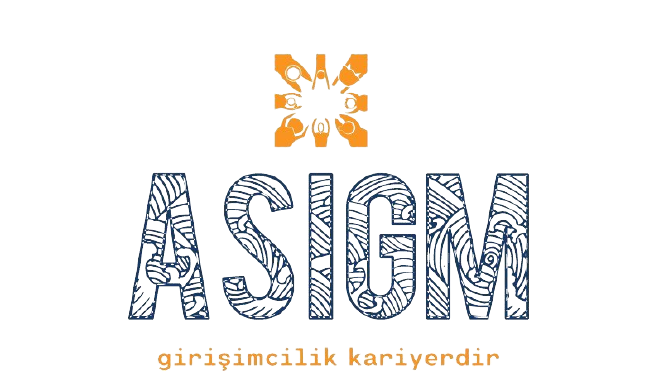Firstly, I would like to talk about QUOTA.
What is QUOTA?

Our contribution with QUOTA should serve as a basis for facing new environmental,social and digital challenges, a triangle in which we anchor our theoretical framework of
our "Team Project". The new challenges in which we are invested concern above all young people, since we have to be aware of creating a more sustainable, ecological, digital and socially equitable future. What I am going to talk about in this article, I am going to talk about the environmental situation, specifically the environmental situation in the home country of the Team Project volunteers.
Environmental situation in different countries (Azerbaijan, Georgia, Poland, Macedonia, Ukraine and Spain.
For example, air pollution is the most well-known pollution problem in Ukraine. It usually occurs on hot summer days when air from forest fires pollutes cities near forests and peat bogs near industrial areas. The thickness of smog in the air in these cities makes it impossible to see any buildings in the distance or even the road. High levels of air pollution– fine dust, ozone, and smog are caused different conclusions such as, the high emission levels from vehicles and power plants.Dust from transport, mining, construction, and industrial areas.Peat bogs and forests burn during the summer months and etc.

In Georgia, water resources and pollution are the most important problem for people. Significant issues that lead to water pollution are surface water contamination by squanders and unreasonable water utilization. Water contamination is associated with human movement, such as industrial waste, municipal waste, waste from health centers,and surfaces waste from agri-production. Waste management problems are a big contributor to pollution in the country of Georgia.

In Macedonia, pollution also a big problem. Some of the most frequently polluted areas in the country include urban regions. Nevertheless, pollution has been noticed in some of the rural areas as well. Some of the most frequently polluted cities include the country's capital Skopje and bigger cities like Tetovo and Bitola. Airborne particles in Skopje have been estimated to exceed safety levels recommended by the World Health Organization by 20 times. Skopje is regularly ranked as one of the most polluted cities, both in Europe and the world. The PM10 levels in 2018 were above EU limits for 202 days.

In Azerbaijan 60% of waste water entering the Caspian Sea falls on the Volga River. Kura and Ural rivers also play no small role in the pollution of Caspian waters. Waste water discharged into the sea from the cities of Baku, Sumgait, Makhachkala, Ashtarkhan, Turkmenbashi, Rasht and Anzali on the shores of the Caspian Sea is considered one of its main pollutants. and Poland is one of the most polluted countries in the EU. The most polluted cities areKatowice and Krakow. Most of the air pollution across Poland is the result of the country's dependence on coal to power its homes and economy. The country's coal industry remains an important part of the local economy. Poland is the second largest coal-mining country in Europe, after Germany. It shortens life expectancy of an average Polish citizen by around 9 months. Regarding Spain environmental situation, I would like to highlight that GHG emissions were reduced by 13.7% in 2020. Furthermore, progress has been made in energy efficiency, as shown by the fact that energy intensity (energy consumed to produce one unit of GDP) has been reduced by more than 12% between 2010 and 2019. For its part, the contribution of renewable energies to national electricity generation in 2020 was 44%, marking a new all-time high.
With QUOTA, I want to take a youthful approach. “We are the first generation to feel the sting of climate change, and we are the last generation that can do anything about it” Jay Inslee Because Youth is the future. It is the youth who can face this reality. We must be the most aware of this problem.











